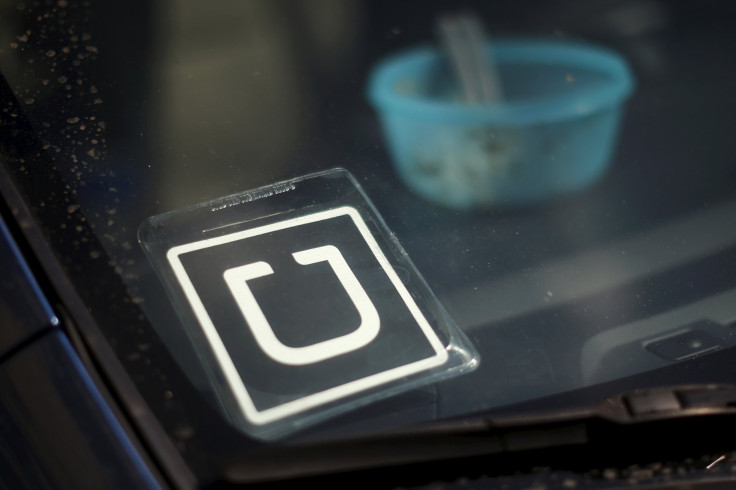Twitter Bots Are Trying To Keep Uber In New Jersey

UPDATE: This story has been updated to include comment from Uber.
A lot of nonhuman voices are calling for Uber to stay in New Jersey.
On Wednesday, Uber sent an email to its users in the Garden State calling on people to show their support for a bill that would keep the ride-hailing service there, potentially ending a yearslong tussle in the state’s Legislature.
“Right now, the New Jersey Senate is considering a bill that would allow Uber to stay in New Jersey for the long term — and the Senate needs to hear from riders like you!” the email reads. “Other legislation being considered would potentially force Uber out of the Garden State, which is why we need your support for the Senate bill.” The email then calls on recipients to tweet out support for the bill, using an automated form.
While a number of real people have heeded Uber’s call to action, a quick skim through the tweets that include the phrase #JerseyLovesUber reveal that a substantial number of them come from accounts that have never tweeted before, or tweet nothing but spammy links, or are associated with people located outside the United States.
A representative from Uber wrote that the bot traffic was not part of its effort to rally support for its own legislation. “We emailed thousands of Uber riders in New Jersey who then took to Twitter to express their support,” the company's statement read. “Any suggestion that the effort was driven by bots is simply false.”
Regardless of who's behind it, #JerseyLovesUber is aimed at defeating a piece of competing legislation that was sent to the New Jersey State Assembly last month. The bill, which would apply to all ride-sharing services, not just Uber, would require their drivers to submit to criminal background checks. It would also require those companies to obtain operating permits from New Jersey’s Motor Vehicle Commission, at a cost of $25,000 per year, submit vehicles for regular inspections and maintain six years’ worth of records in the event of a consumer complaint.
The issue of background checks has become a major thorn in Uber’s side. The company, along with Lyft, recently decided to leave the city of Austin, Texas, after it voted to require that its drivers submit to fingerprint and criminal records. It briefly left San Antonio for the same reason, and it will soon have to wage a comparable battle in Chicago, where a similar piece of legislation is being considered.
© Copyright IBTimes 2024. All rights reserved.











